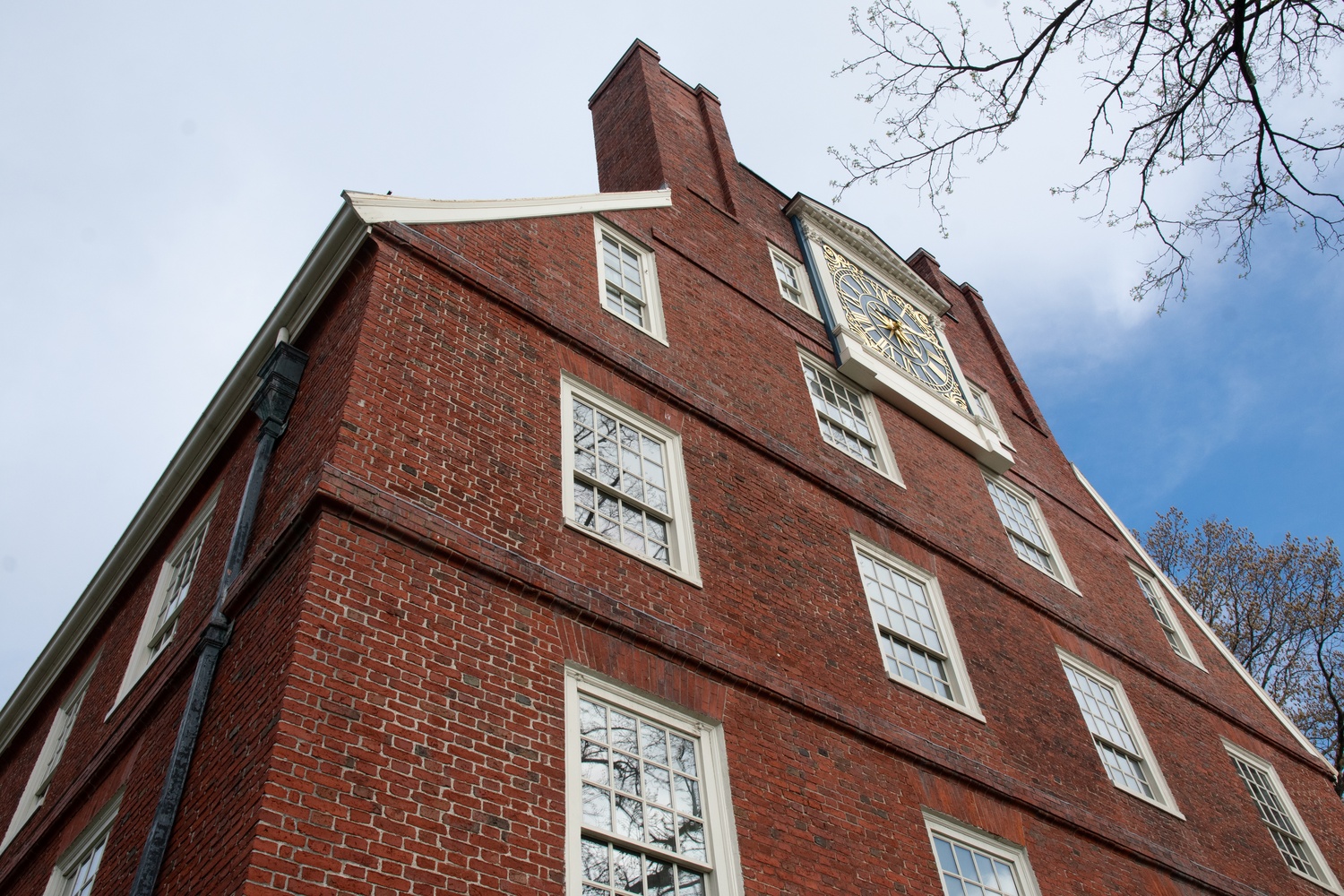
News
When Professors Speak Out, Some Students Stay Quiet. Can Harvard Keep Everyone Talking?

News
Allston Residents, Elected Officials Ask for More Benefits from Harvard’s 10-Year Plan

News
Nobel Laureate Claudia Goldin Warns of Federal Data Misuse at IOP Forum

News
Woman Rescued from Freezing Charles River, Transported to Hospital with Serious Injuries

News
Harvard Researchers Develop New Technology to Map Neural Connections
Who Better To Defend Harvard’s Academic Mission Than Its Faculty?
The Faculty of Arts and Sciences is the core of Harvard. So why — in a break with decades of tradition — does the University president now only irregularly attend their meetings?
Before 2023, Harvard’s president chaired monthly FAS meetings — a ceremonial role to be sure. But this absence is emblematic of a larger problem: The gap between the University’s leaders and its teachers is far too wide.
Indeed, it looked more like a chasm last year when, during the pro-Palestine encampment, the FAS voted overwhelmingly in favor of conferring degrees to protesting seniors who had been barred from graduation — only to be overruled days later by a vote of the Harvard Corporation.
The University president — in their unique position as a member of the faculty and the Corporation — has a role to play in mediating between the two. Regular attendance at FAS meetings would be a worthwhile first step towards bridging the gap between our highest governing board and our largest faculty.
But professors’ input shouldn’t be limited to the confines of a monthly meeting. During leadership discussions that are liable to over-prioritize public relations and university finances — our faculty can serve as a loud voice speaking, quite literally, for our academic mission.
Of course, the Corporation plays an important role in shepherding our University. But its members — who hail from overwhelmingly corporate backgrounds — are relatively removed from day-to-day life here.
Similarly, donors — who University President Alan M. Garber ’76 spent much of last year courting — can exercise excessive influence on the direction of the University from afar.
Now, with Harvard still reeling from the crises of last year and staring down troubled waters under the Trump administration, faculty deserve a meaningful say in how the University steers the tiller.
That’s yet another reason why we support calls for a faculty senate — a formal body which could play a valuable role in shaping Harvard’s public response to heightened political scrutiny. And while the administration will no doubt have to make trade-offs to protect Harvard’s financial interests and image, they should not do so at the cost of our students, faculty, or research.
Harvard’s professors make the University what it is today. Surely, they deserve a say in its future too.
This staff editorial solely represents the majority view of The Crimson Editorial Board. It is the product of discussions at regular Editorial Board meetings. In order to ensure the impartiality of our journalism, Crimson editors who choose to opine and vote at these meetings are not involved in the reporting of articles on similar topics.
Have a suggestion, question, or concern for The Crimson Editorial Board? Click here.
Want to keep up with breaking news? Subscribe to our email newsletter.

